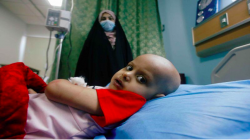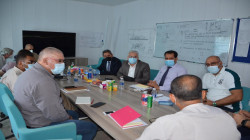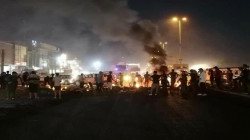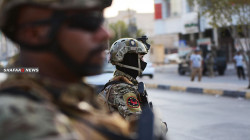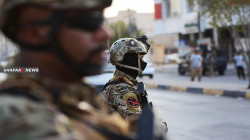Basra..Iraq's corruption capital
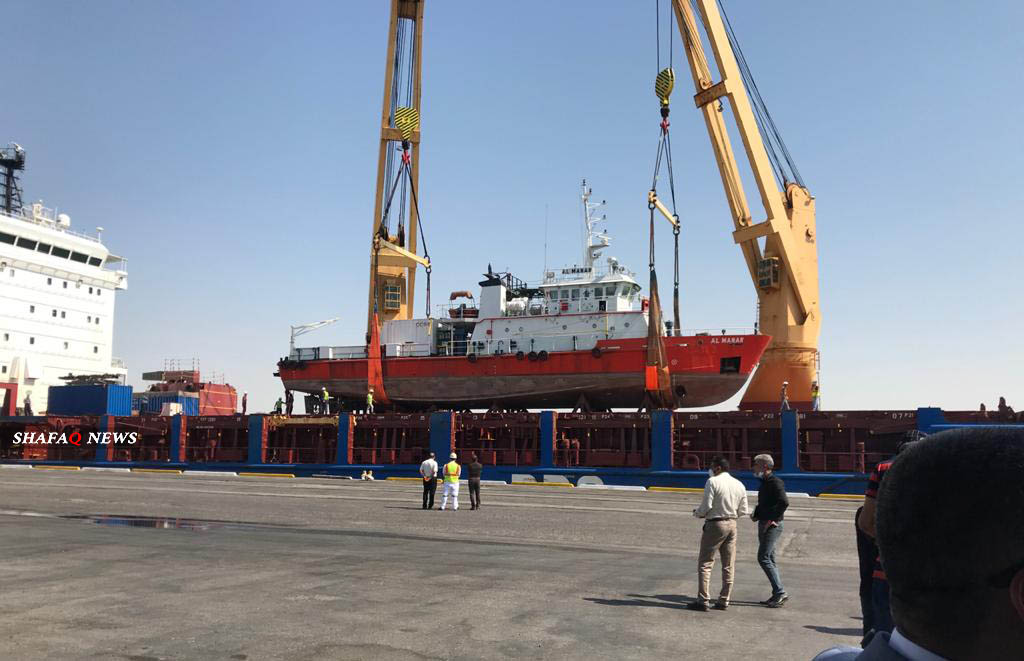
Shafaq News / It can be said without exaggeration that Basra and its ports are the most important test for the government in Baghdad; if it wants to make progress in the fight against corruption and the imposition of state sovereignty, which directly and rapidly reflects on the life and livelihood of citizens.
Basra is one of Iraq’s poorest provinces, a fact that contrasts sharply with the fact that this southern city is the main crossing point for more than 80% of the goods entering Iraqi markets, exceptional commercial importance that Iraq has accumulated since the 1930s when it decided to play its natural role as a major regional port.
In addition to the important offshore ports in Basra, the province has major oil resources, which reinforces the bewildering questions about why the people of Basra do not benefit from such wealth to improve their lives.
Basra is the economic artery of Iraq, where Al-Kadhimi’s government's methods of combating corruption are intertwined in the conflict with militias -according to Shafaq News agency’s sources in Basra- which would confirm the government's stated desire to deal with these heavy files before the Iraqi public.
For example, the Border Crossing Authority reported in July 2020 that Umm Qasr port in Basra province generated more than 23 billion Iraqi dinars in fiscal revenue for the state’s treasury in June alone. In a report by the Central Bureau of Statistics in August, revenues from Iraq's ports increased by 7.3% and the total revenues generated by the General Port Company reached 486.3 billion dinars in 2019 compared to 453.3 billion dinars in 2018.
In contrast, the Iraqi Ministry of Planning estimates that Basra’s poverty rate is 16% -figures recorded before the economic situation worsens and the COVİD-19 pandemic spreads- and is also contrary to other unofficial figures that indicate that the poverty rate in the province is 50%.
The Iraqi coastline extends over the Gulf for 58 kilometers and includes the Basra oil export port, which is one of the most important export points for Iraqi oil on Gulf waters; it is also one of several commercial and oil ports, including Umm Qasr port, Khor al-Zubair port, and Al-Faw Grand port.
These facts dictate the fundamental question: where do these resources go and why is this deterioration in Basra's situation?
According to Shafaq News agency’s sources, Basra and its ports are experiencing intense struggles for control and influence between different parties, turning the city into an easy meal fought over by the various hungry forces of corruption as its people struggle with hunger.
The multiplicity of authorities in the ports may have given way to different sides to wrestle in light of the widespread extreme poverty in many Iraqi and Basra’s families.
Abu Hashim, a resident of Umm Qasr, told Shafaq News agency that his area is one of many where services have deteriorated, noting that although some projects are available, they remain shy and do not match the size of the population there. One of the problems is the ports’ unrenovated life, including Umm Qasr port; which is receiving daily imports that can rebuild all of Basra, adding, “It is shameful that the road to the port suffers from zigzags and losses, which indicates the effects of corruption and partisan interventions that hinder the work of the ports”.
Former Iraqi transport minister and current Member of Parliament, Kadhim Finjan Al-Hammami told Shafaq News agency that political interference in the ports is done by various political entities to control senior positions, as well as the management of Iraqi ports.
Al-Hammami stressed that the interventions come from various Iraqi formations; which is a theoretical picture of the quota. These quota authorities work to impose themselves and their agendas on the senior positions from the minister to the general managers.. This may cause the loss of Iraq’s future completely.
"The best option, is to form a real technocratic government in Iraq that will take over the ministerial portfolios, and the prime minister will work on it without taking the political entities’ permission nor allowing them to interfere, which is his responsibility”, Al-Hammami added.
Anmar Al-Safi, head of the Strategic Center in Basra, said that the multiplicity of authorities in Iraqi ports is affecting the operation and flow of goods entering Iraqi ports, noting that this situation is contrary to what exists in various ports in the world, where there is a single authority working to manage any port.
As for the Iraqi ports, Al-Safi said, “The port’s manager should be the only person who orders and directs towards the right path to reach the smooth entry and exit of goods in a correct and fast way; for the effectiveness of the ports of the world nowadays is measured by the length of the stay of goods inside the ports, and Iraq should join these countries in this regard”.
Al-Safi told Shafaq News agency, “The port administration should be on one side, such as Umm Qasr port/customs, which is run by one party.. The multiplicity of authorities constitutes a negative situation in the face of the movement and flow of goods and port management, which delays the development of ports. A single administration could diagnose and address the defect by directing all the departments inside the port”.
Information indicates that large-scale fraud sits in customs and includes misrepresentations in the weight of ships, the type of goods, and procedures for registering ships, in addition to bribes obtained by officials from the merchants to allow them to pass their goods, otherwise they threaten to delay their entry through the customs of the port, which sometimes exposes the goods to damage and exposes traders to loss.
Undocumented information also indicates that political and partisan figures control the docks and receive taxes from importers; those taxes are sometimes imposed by more than one party, depriving the Iraqi treasury tens of millions of dollars a year.
Iraq ranks high on the list of the world's most corrupt countries -according to Transparency International, while several estimates put more than 450 billion dollars lost -since the 2003 invasion, due to corruption.
Al-Safi highlights another aspect of the problems and explains that the support services in the ports have duties within Iraqi ports and receive their guidance from their ministry and public services.. This can be coordinated with the senior management in Iraqi ports so that the administration can receive the same directives. Traders sometimes prefer one port over the other, due to the differences in ports’ procedures.
“Similar to what happens in the border crossings; Some traders are directing their goods towards one port because it is different from others -as in the crossings of Kurdistan. Accordingly, the source of the directives must be central and unified..the port, which can get the cargo out and facilitate the movement of the ship quickly –as compared to other ports, will become an attractive port for all goods; in the light of the orientation to Al-Faw Grand port, which can be a link between East and West”, Al-Safi said.
Basra's ports are a microcosm of Iraq's problems, which hinder its ability to succeed and emerge from its crises. Can Al-Kadhimi’s government start reforming from somewhere?
